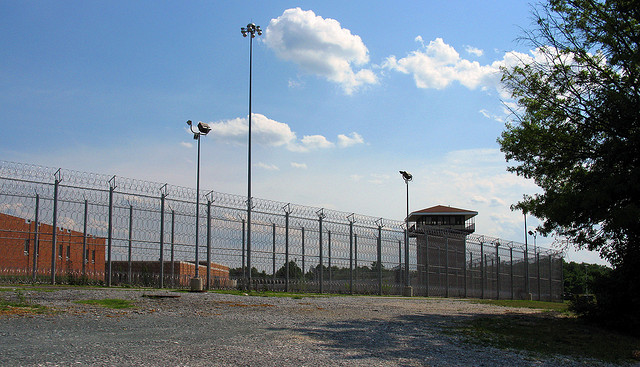By Becca Heller
 Progressive Maryland released a report highlighting gaps in Maryland’s tax policy that prevent the state from bringing in almost $60 million in annual tax revenue from corporate sectors.
Progressive Maryland released a report highlighting gaps in Maryland’s tax policy that prevent the state from bringing in almost $60 million in annual tax revenue from corporate sectors.
The 13-page report identifies seven sectors of Maryland’s tax policy that allow big businesses to take advantage of the state tax code. They are electricity deregulation, tax exemption on purchases of precious metals, subsidies for the coal/mining industry, excise taxes on boats, estate tax exemption, tax cuts for manufacturing, and the absence of combined reporting of corporate taxes..
Among the seven loopholes the report identifies, combined reporting has been one of the hotter economic debates. While some — such as Progressive Maryland — see it as a “no-brainer,” others are hesitant to enact the policy, including members of a commission set up to study the issue.
“It’s terribly unfortunate to be leaving $60 million or more on the table when we have so many pressing needs in the state,” said Matthew Weinstein, the author of the report. “The ball is really in the Senate’s court right now.”
Opposition from chamber, commission, Senate committee
Among those who oppose the measure are the Maryland Chamber of Commerce, the Maryland Business Tax Reform Commission, and, most recently, the Senate Budget and Taxation Committee which killed the latest combined reporting initiative in a 7-6 vote on Friday.
Kate Planco Waybright, interim executive director of Progressive Maryland, pointed out that the unfavorable report was unsurprising, considering that the committee chair, Senator Edward Kasemeyer, was formerly President of the Howard County Chamber of Commerce. (He served as board president in 1980.)
Central to the argument against combined reporting is the complexity of the measure and the diminished productivity or revenue it might cause.
“Combined reporting is a complex change for taxpayers, tax preparers, and the Comptroller’s office, introducing uncertainty at a time when the economy is struggling to recover from the recent recession,” stated the December 2010 Report of the Maryland Business Tax Reform Commission. “It would result in a shift of the tax burden, substantial in some cases, among industries and among taxpayers, resulting in winners and losers.”
Report says Maryland tax code business-friendly
Progressive Maryland’s most recent report cites an independent research group that undermines this argument, suggesting that Maryland has, in fact, one of the most business-friendly tax codes in the country.
“This revelation exposes the truth – that for years our elected leaders in Annapolis have been played for suckers by Chamber of Commerce lobbyists crying crocodile tears over high taxes – while laughing all the way to the bank when successive generations of governors and legislators fall for it,” said Weinstein in the report.
But others feel it’s not that simple.
“There are other studies that say the exact opposite,” said Karen Syrylo, state taxation consultant for the Maryland Chamber of Commerce.
Syrylo explained that many oppose combined reporting because it doesn’t give credit to the policies enacted in 2004 that require the auditing of hundreds of companies in efforts to close the same loophole that combined reporting seeks to address.
“Saying combined reporting is the only way to stop [companies from cheating] doesn’t reflect that legislative action at all,” Syrylo said. “There are just as many problems with [combined reporting] as with any other kind of calculations. The fact that some companies will pay more and some companies pay less shows that it’s not a flawless method of closing tax loopholes.”






Based on recent history, a name change is on order – Regressive Maryland.
The current name is too Owellian.